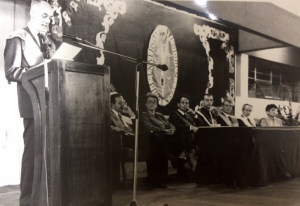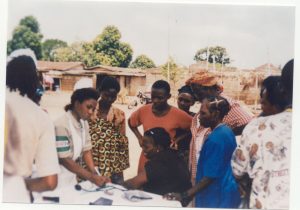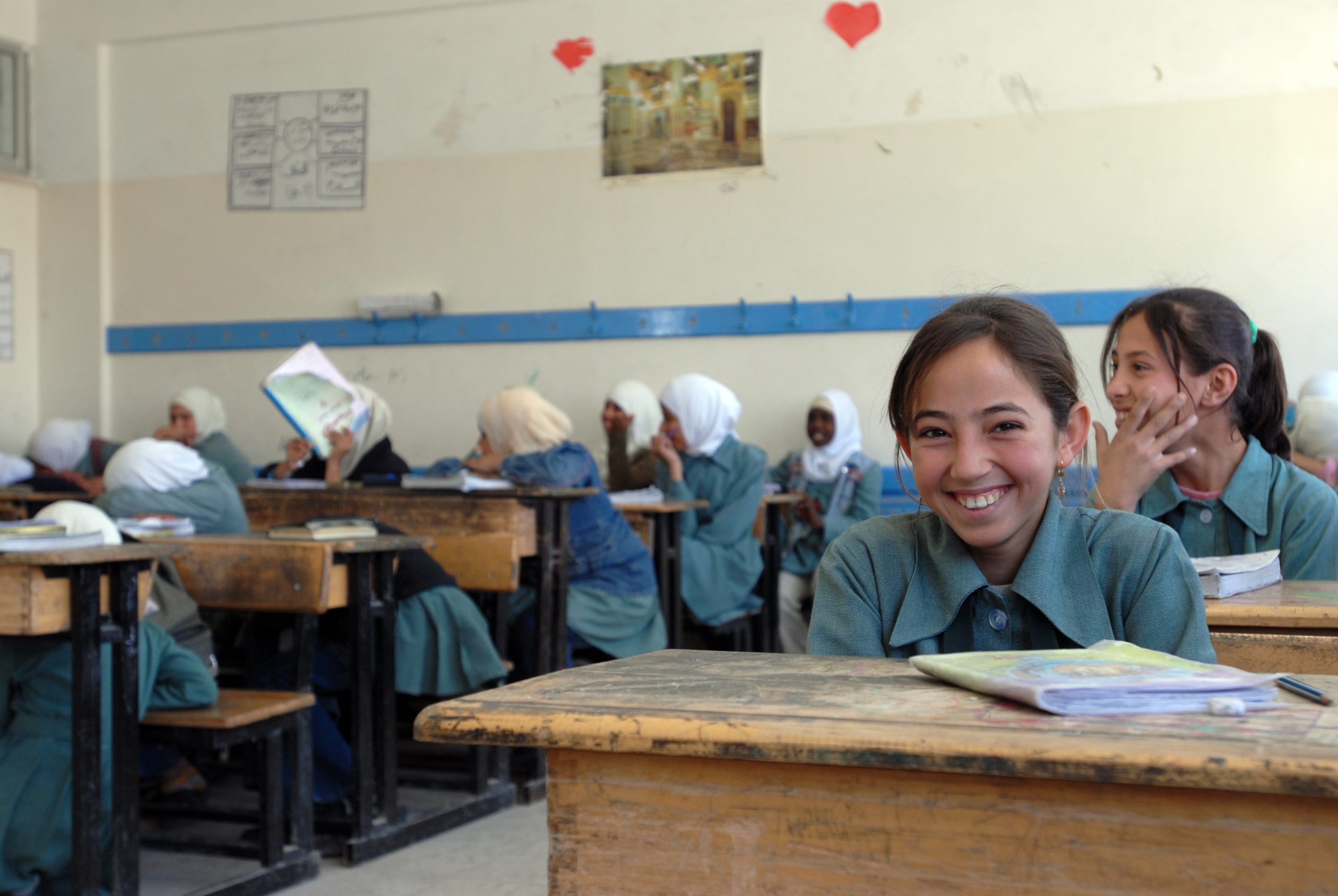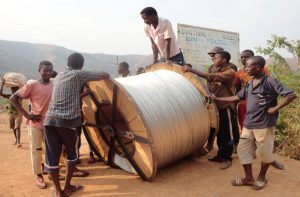 Rome – November 30th 2016. “We have to learn to listen more about our colleagues, our friends. Only in this way we can open a dialog showing a real interest in our interlocutor, who may consolidate a relationship and establish a friendship” said Umberto Farri, founder and first President of ICU, to some university students asking for advice.
Rome – November 30th 2016. “We have to learn to listen more about our colleagues, our friends. Only in this way we can open a dialog showing a real interest in our interlocutor, who may consolidate a relationship and establish a friendship” said Umberto Farri, founder and first President of ICU, to some university students asking for advice.

Starting from here we write some lines about ICU’s experience in its first 50 years of operation.
This adventure began in 1966 when, together with some friends and colleagues, Umberto Farri founded ICU – Institute for University Cooperation, which became one of the first NGOs active in development cooperation in Italy.

ICU was born with the aim of promoting cooperation between university students. The first projects focused on missions of volunteers in civil service abroad, mainly in Peru.
Subsequently, ICU has evolved. Our sectors of commitment have increased, the areas of intervention have expanded, we met partners along our path who believed in us and supported us.

Thanks to this adaptability, ICU was able to carry on its activities without losing sight of the fundamental pillar that supports its action: the attention to the dignity of the person, intended as a learning human being responsible for his/her own future and that of the community in which he/she lives.
To date, ICU, has implemented around 500 cooperation projects in over 40 countries in Latin America, Africa, the Mediterranean Basin and the Near East, Europe, Asia and the Pacific for a total budget of over 150 million euros.

The projects focus ranges from agriculture, to health, education, management of water and energy resources, emergency situations in the harshest of environments.
Through all the changes we’ve been through, we can sum up our experience as follows: listening skills, optimism, dialogue, ability to work together to seek the common good, in collaboration with people of different nationalities, religions and visions. 50 years later, in a world in which – says Pope Francis – “are found many inequities and are more and more people who are rejected, deprived of basic human rights, the principle of the common good is immediately transformed into an appeal to solidarity and a preferential option for the poor” (Laudato si’ no. 158).
In this anniversary, we fill grateful to many people and institutions that have contributed to build ICU’s history and encourages us to continue along this path.



